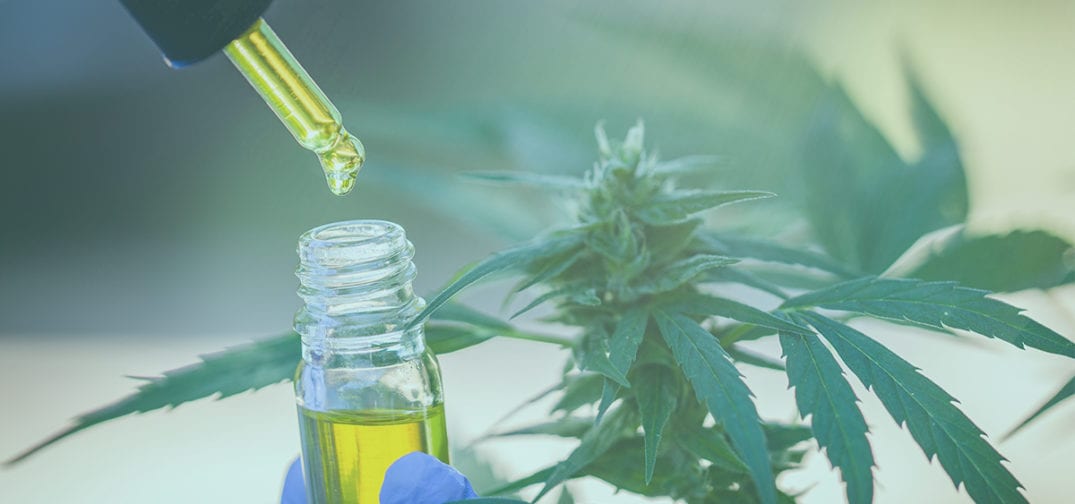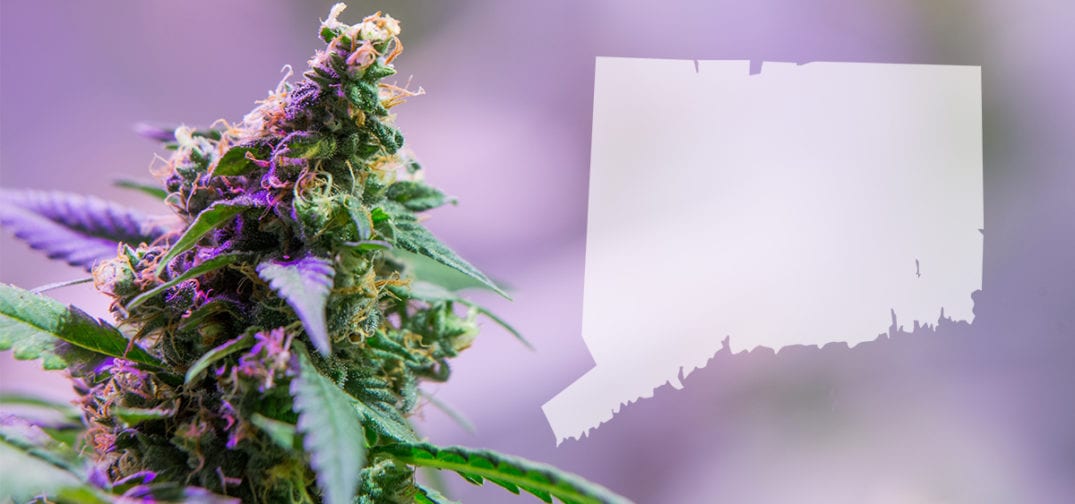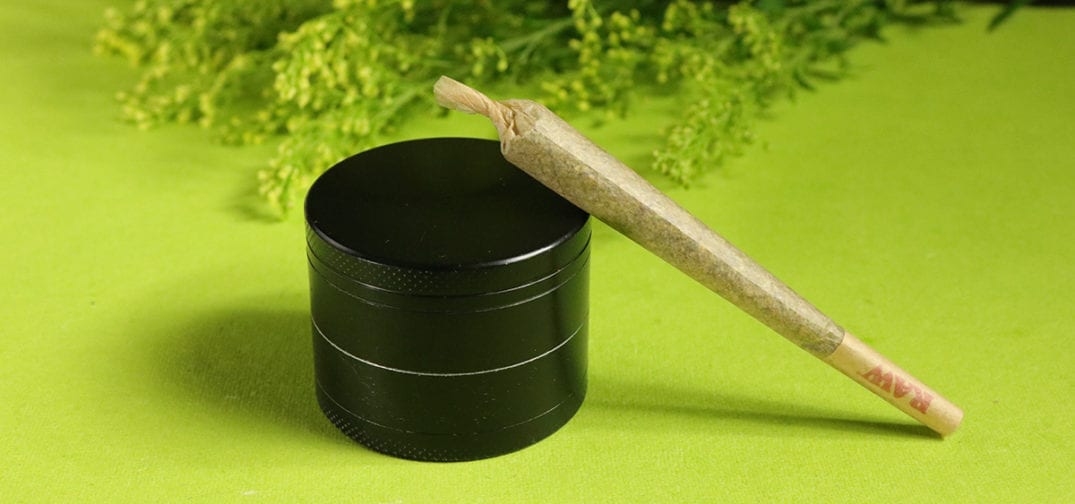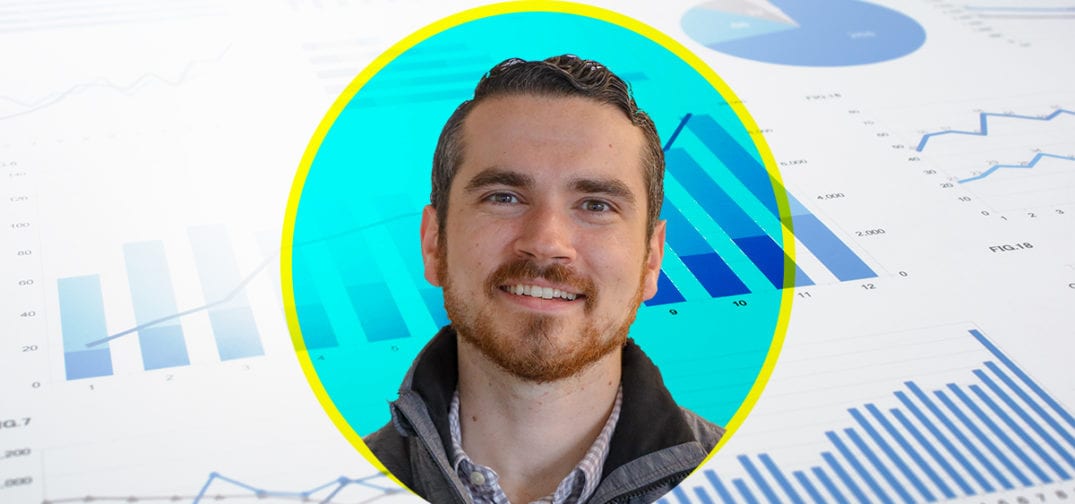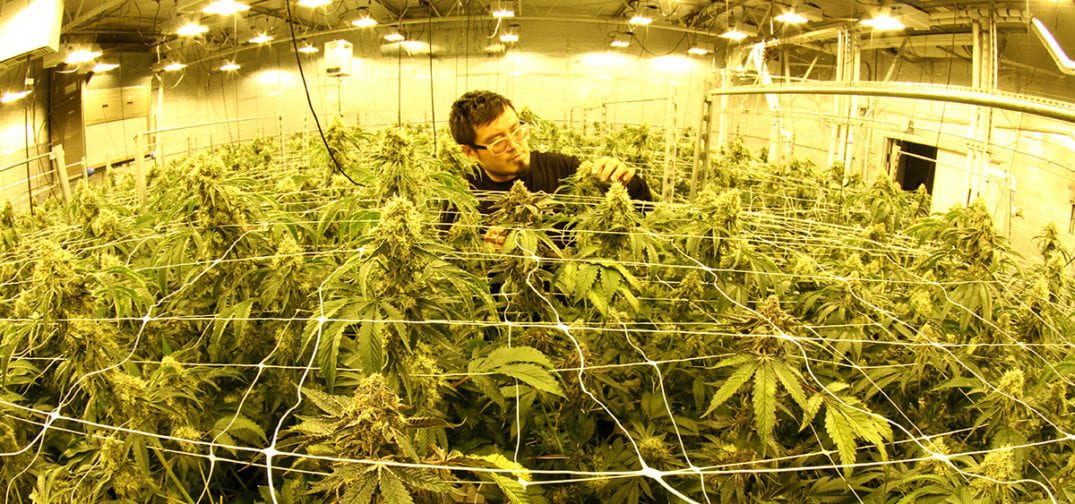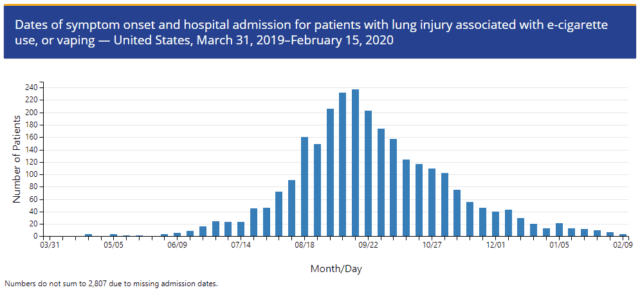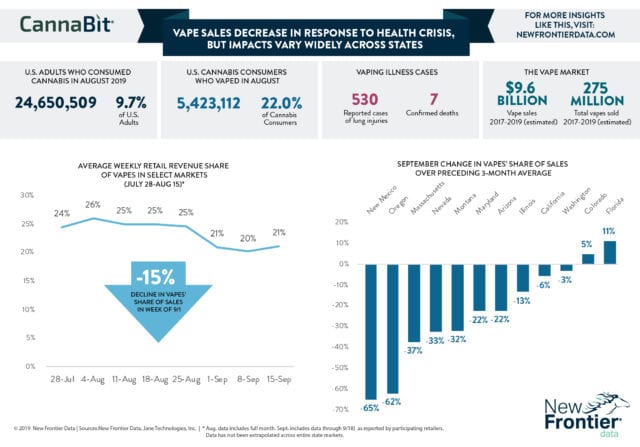The cannabis industry is a complicated web of eager entrepreneurs, excited customers, and stringent regulations. While the process of growing, manufacturing, and retailing cannabis products might seem straightforward, there are of course innumerable complications — to assist, Order offers cannabis business owners flexible payment options including purchasing, the strategic sourcing of goods/services, integrated payments, and consolidated billing.
In this written Q&A, we ask Zachary about the founding of Order, how the company has adapted to the unique needs of cannabis businesses, how cannabis entrepreneurs have utilized the end-to-end spending platform, and how simply improving the efficiency of business payments can save thousands of dollars for a business.
Check out the full interview below!
Ganjapreneur: Where did your inspiration for Order come from, and how does the vision add value to the cannabis industry?
Zachary Garippa: Early on, we realized that the markets around buying physical goods were not nearly as efficient as they could be, and believed that we could make the process of buying and paying better for businesses. We saw Operations, Finance, and Procurement teams struggle with juggling multiple vendors, enforcing compliance, and drowning in thousands of invoices each month.
We initially started with centralization because having everything in one place is critical for businesses to make more informed decisions. We provide companies with a single, easy ecommerce experience to place orders. Think: Just like Amazon — but ALL of your vendor orders in one cart. On top of that, we allow companies to set up automatic product purchasing and payments, give them real-time spend visibility to help them budget, and consolidate their many invoices into just one every month.
Cannabis companies in particular are growing rapidly right now and need to centralize their whole purchasing experience so that they can scale. Just as much as we are a purchasing platform, many companies turn to Order for guidance on how to navigate expansion as the cannabis market grows.
We are very excited to continue to be a part of the growing cannabis industry.
How did your background in finance factor into the development of Order?
My background in finance is grounded in the human element. I wasn’t a math major or a quant — my exposure to finance involved people, numbers, and decisions. Even more specifically, how the intersection of those three things solve everyday problems.
I try to bring that same philosophy to Order. We are a software company, but we want to aid in the decision making process of finance, operations, and procurement teams. We understand that what a business needs today may change tomorrow. So instead of rigid rules and impossible-to-follow workflows, we deliver flexibility, insights, and intelligence up and down the purchase to pay landscape to address challenges for your teams as early and as upstream as possible.
Order serves a variety of businesses. How has the cannabis industry, in particular, leveraged your platform in a different way than other clients like SoulCycle and XpresSpa?
The cannabis industry is growing extremely fast—and that’s why our cannabis clients have leveraged our platform unlike any other industry. When our clients open new locations, they have a customized catalog that allows them to purchase everything they need for expansion—with one click. We also provide companies with clear purchasing data for detailed spend analyses. That visibility allows them to stick to their budgets and better plan for expansion.It’s great to see that we have become a pillar for how cannabis companies expand their business operations.
What are some of the unique solutions that you developed for the cannabis industry? And, how did you identify the specific difficulties that operators experience?
Because cannabis is a new industry and, therefore, perceived as risky, we’ve noticed that vendors will not set up net terms with cannabis companies—making it really difficult to free up cash flow. On top of that, many cannabis companies are start-ups, which do not have a lot of credit history. Adding insult to injury, it’s difficult for cannabis companies to find strong partners due to biases towards the industry. Consolidated billing through Order is free and doesn’t require approval. Plus, we can also offer flexible net terms.
Another pain point we found related specifically to cannabis operations that are multi-state or multi-license. For example, Acreage Holdings had to set up 12 different WB Mason accounts since they were purchasing across 12 different entities. With Order, they consolidated their purchasing by linking all of their vendor accounts. We saved them the headache of multiple orders, and helped them access extra savings from bulk purchases. Plus, each bank account can be associated with the appropriate purchases for compliance purposes. Because compliance is so critical to success in the cannabis space, our clients really love that feature.
How does Order integrate into the daily business operations of a cannabis operator, and what are the benefits of a consolidated purchasing and payments solution?
Whether you run a cultivation plant or a dispensary—efficiency is key. There are a million confusing ways companies place orders, approve purchases, and pay vendors. When you’re in such a young and innovative industry, endless email threads and spreadsheets shouldn’t be part of your workflow.
We save operations teams hours of valuable time by eliminating manual purchasing tasks, automating payments, and allowing the team to track their purchasing data in real-time. Our mission is to make the whole process really simple.
Order has built a network of over 4,000 vendors and suppliers. How does this vendor network bring value to your clients?
We have a unique approach to how we add vendors. Instead of hosting vendors or supporting a small subset of vendors, we encourage clients to add their own. This creates an ever-growing vendor community, and we are able to add a ton of flexibility into an otherwise pretty rigid process.
Because of this approach, we can deliver the best of both worlds to customers. If they want to drive compliance to their vendor network, no problem. If they are looking to optimize their vendor network in some way (i.e. find better pricing, find more reliable delivery, find better quality) we have millions of data points on exactly that. And the data points will only grow as more companies add their vendors and place orders, so this cycle continues.
Also because of this approach, we can deliver hard dollar savings back to customers. On average, we see cannabis customers save 13% across their purchases and they have a really strong ROI—typically 2x – 7x their subscription fee.
How has Order prepared for the changing landscape of cannabis regulations, and how do you think federal legalization might affect how cannabis operators use the platform?
Our #1 goal is to give companies the easiest way to purchase products and pay their vendors. Currently, our cannabis companies love our consolidated billing feature—streamlining their AP process by using Order as their vendor of record instead of each individual vendor. Due to current banking regulations, cannabis companies can’t take full advantage of our automatic payment function that allows companies to schedule vendor payments and pay bills automatically. But, this will change as cannabis regulations change, and we are very excited about that.
What does the onboarding process look like with the software?
It’s a very smooth and simple process. The faster we can get our clients up and running, the more time and money we save them. Companies can begin placing orders and making payments within just a few hours of implementing Order. We provide our clients with their own hands-on Account Manager to walk them through the platform, answer any questions, and ensure their success. On our website, there is also an amazing library of tutorial videos that answer every question that clients may have—from placing an order to paying an invoice.
After the onboarding period, what kind of relationship does the Order support team maintain with clients?
I love that question. In addition to our incredibly dedicated Account Managers, we also have an extraordinary Support team that assists clients with any technical issues. If a product never arrives, arrives broken, or is incorrect, they will take care of it for you. I know people say “make customer’s problems your own”, but I really believe that is the ethos of people at Order. Because we aren’t in the client relationship for a quick sale, we want to be a partner and a contributing factor to their growth as a business.
How intuitive is the process of inputting and organizing vendors before the platform begins working for the client?
It’s pretty seamless, and implementation can take as little as 48 hours. Essentially, we use our client’s purchasing history to create their own, personalized purchasing catalog. There’s a page on our platform that clients can use to easily sign into their vendor accounts, and from there we can pull all relevant information. And, if you have offline vendors, all you need to do is upload a previous invoice. Then, companies can go into Order, see all of the products they have purchased, reorder, and pay their invoices—all in one click.
Can you share some stats about how much time and money Order has saved cannabis companies?
Absolutely. We currently have cannabis clients that range from local dispensaries to national holding companies. That being said, in 6 months, we’ve saved those clients anywhere from $6,000-$47,000 on their purchases. As far as saving time, that’s an easy one too. Most of our cannabis clients come to us with a purchasing process that includes messy, unorganized excel spreadsheets sheets and jumbled email chains. We allow companies to create one, curated purchasing catalog—spanning across all of their locations—savings hours and hours of coordinating purchases. For example, one of our cannabis clients came to us with a portfolio of over 30 locations and hundreds of monthly invoices. Now, by utilizing Orders’ custom catalog, they have sped up their purchasing process by over 65%, and are now able to reinvest that time into scaling their operations even further. Our consolidated billing feature is also a huge time-saver for our cannabis clients. Not only does one invoice a month make payments easier, but it also allows for companies to have more transparency in their purchases—allowing them to budget, save, and spend where it matters most.
Thanks again, Zachary, for answering our questions! Learn more at Order.co.













